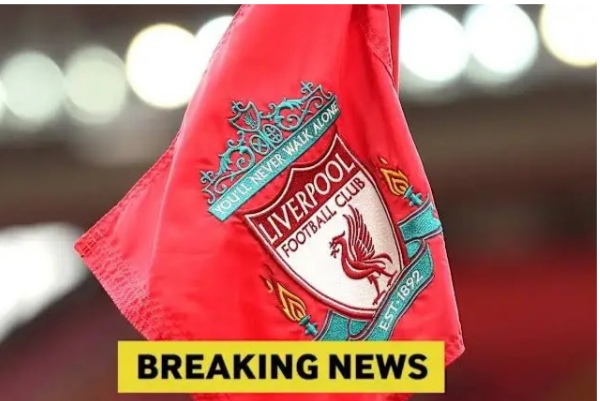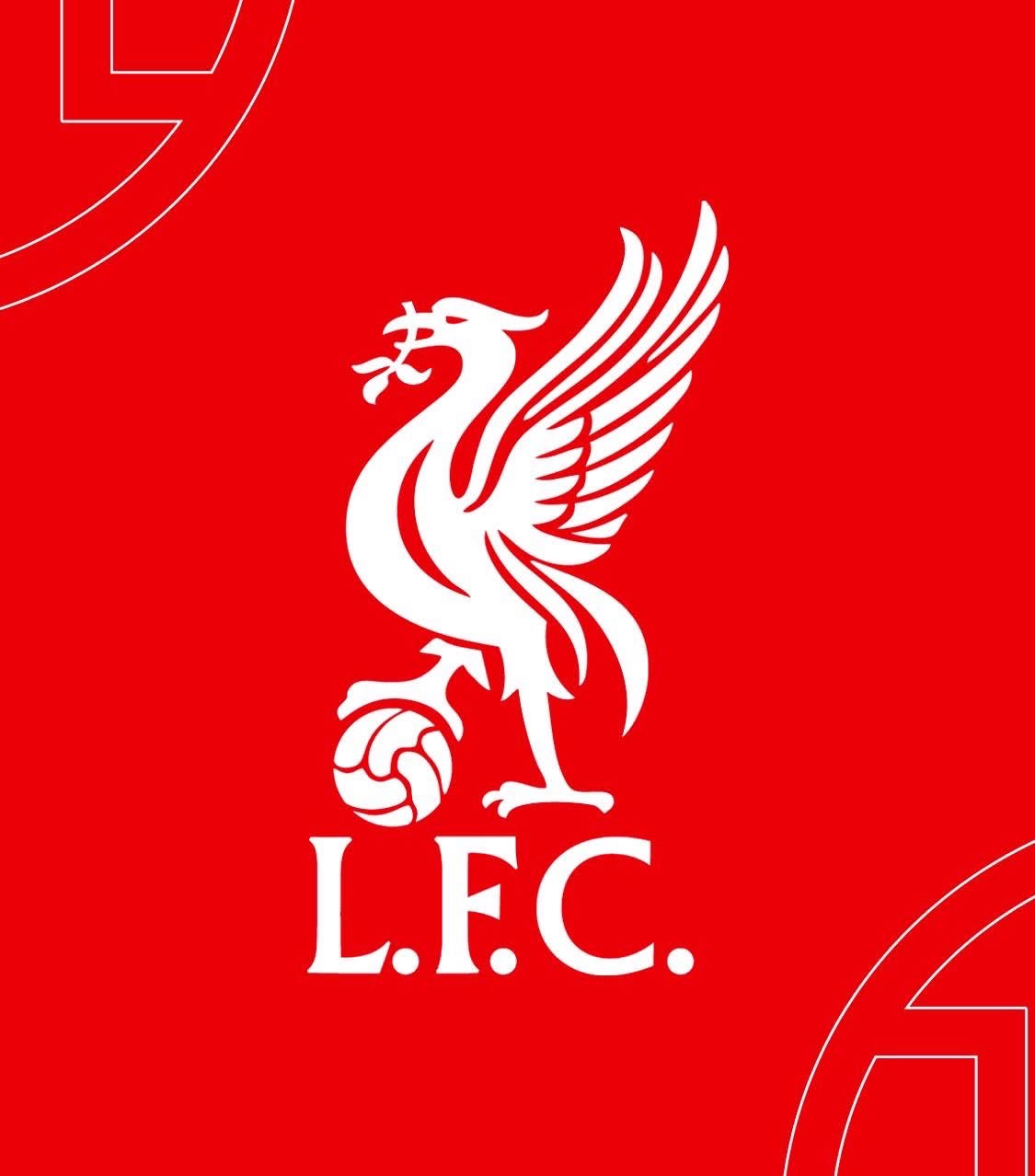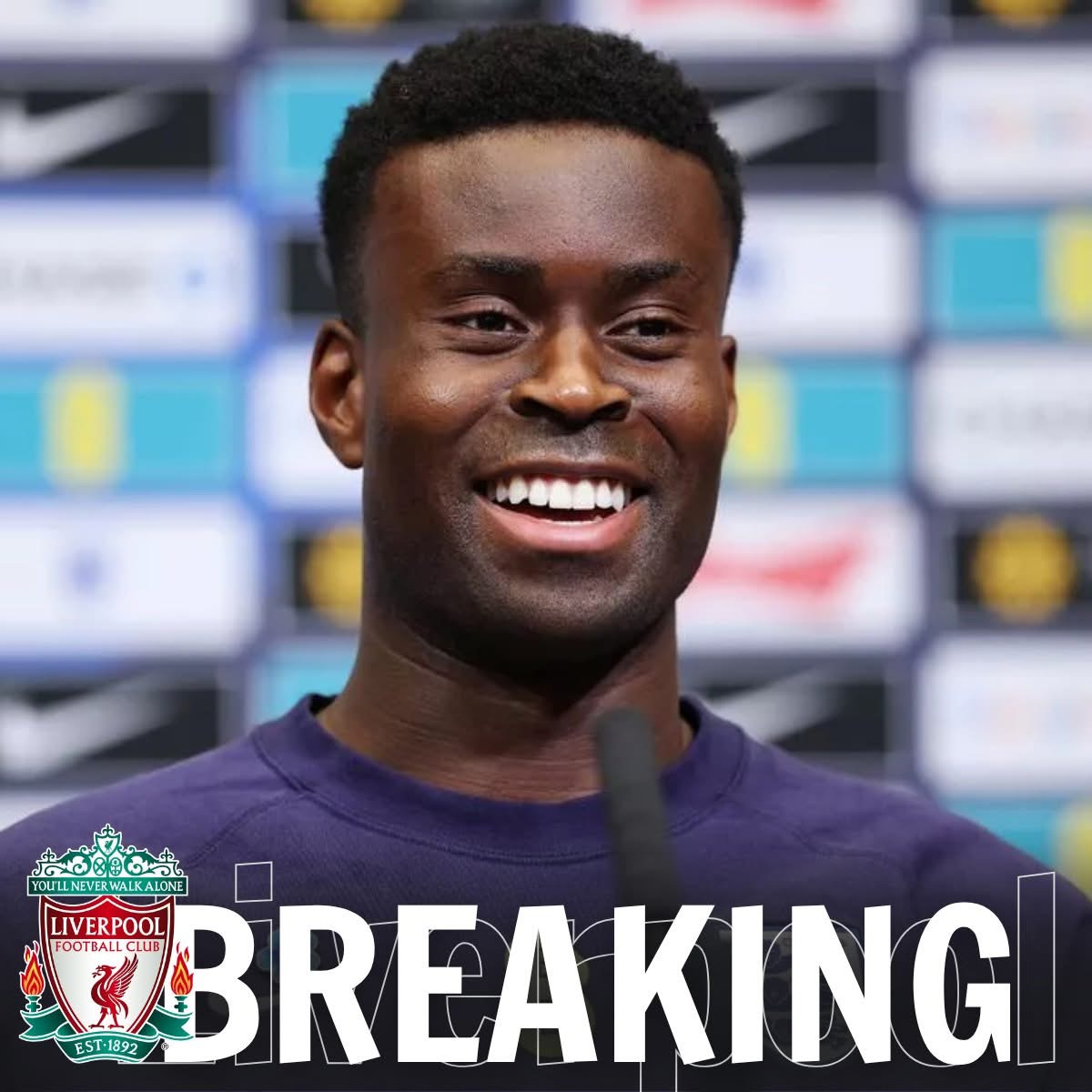Michael Oliver, one of the Premier League’s most high-profile referees, is once again at the center of controversy following Sunday’s clash between Liverpool and Manchester City. Serving as the Video Assistant Referee (VAR), Oliver’s decision to disallow Virgil van Dijk’s first-half goal has sparked widespread criticism and reignited debates over VAR’s consistency and integrity in English football.
The match, already one of the season’s most anticipated, became overshadowed by the disallowed goal. Van Dijk appeared to score with a powerful header, only for VAR to rule it out due to Andy Robertson being in an offside position. The ruling claimed Robertson interfered with the goalkeeper’s line of sight, despite the full-back clearly avoiding the ball. The decision left Liverpool players and fans frustrated, with many questioning how such interference could be interpreted from Robertson’s movement.
The Premier League defended the call, stating that the referee’s offside decision was checked and confirmed by VAR. According to the league, Robertson’s positioning constituted an “obvious action” affecting the goalkeeper’s ability to react. Despite the statement, outrage among Liverpool supporters has continued, with many seeing it as another example of inconsistent VAR interventions.
Liverpool manager Arne Slot expressed his frustration in his post-match comments, calling the decision “obvious and clearly wrong.” He emphasized that Robertson had not influenced the goalkeeper’s play in any way. Slot’s criticism echoed the sentiments of pundits and fans alike, many of whom took to social media to demand more accountability from referees and the VAR system.
Adding to the discussion, it emerged that Michael Oliver is banned from officiating matches involving Newcastle United and Sunderland due to his personal ties—he is a lifelong Newcastle supporter and played for the club at youth level. The Premier League enforces such restrictions to prevent conflicts of interest and maintain referee neutrality. Oliver has previously explained that referees must declare any club affiliations or family connections at the start of each season, which determines the matches they are ineligible to officiate.
Keith Hackett, former head of the Professional Game Match Officials Limited (PGMOL), confirmed that these restrictions are standard practice. Referees undergo a background audit at the start of each season, disclosing past associations, family ties, and even where they live. Such measures are designed to preserve impartiality and avoid any perception of bias.
Despite being considered one of England’s most reliable referees, Oliver’s recent decisions have sparked debate about accountability and transparency in officiating. His previous run-ins with Liverpool—most notably in the 2-2 draw against Everton earlier this year—have compounded tensions, as controversial red cards were issued to Liverpool’s manager Arne Slot and his assistant.
Sunday’s VAR decision has reignited calls for reform. Fans and pundits alike are demanding post-match explanations from referees, similar to those required of players and managers, to clarify contentious decisions. Some suggest more frequent rotation of officials to reduce recurring friction between certain referees and clubs.
For Liverpool, the sense of injustice lingers. The disallowed goal came at a pivotal moment in the match, which they ultimately lost 3-0. The defeat widened the gap to league leaders and added psychological weight to their title ambitions. Players and supporters alike feel robbed of momentum, while confidence in the VAR system continues to erode.
Meanwhile, Michael Oliver remains under scrutiny. While widely respected within officiating circles, his repeated involvement in high-profile controversies—especially those impacting Liverpool—has created a perception problem that may take time to repair.
As debate continues, a central question remains: is the issue the technology itself or the human judgment behind it? For many, the solution lies not in abandoning VAR but in demanding greater transparency, consistency, and accountability from those entrusted to use it. Until these changes are implemented, controversies surrounding referees like Michael Oliver are likely to remain a dominant talking point in English football







